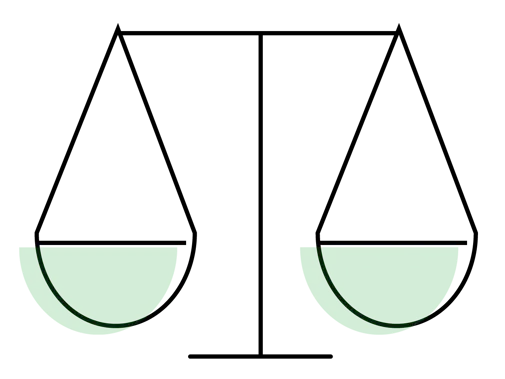Benefits of social media for doctors
As a doctor, using social media can help you to:
- build your professional network
- share ideas and information
- offer and access professional and peer support
- campaign on issues important to you
- follow debates and developments around your work.
Some interesting and inspiring uses of social media by doctors include:
- the X (formerly Twitter) Journal Club: a virtual study group set up to discuss academic articles
- the #HelloMyNameIs campaign, started by the late hospital doctor Kate Granger MBE, encouraging medical professionals to introduce themselves by name to patients in their care.
The benefits of using social media are clear. But it's also important to be aware of the risks. The rest of this guidance will help you with this.
Protecting your privacy online
Different social media platforms have different privacy settings. How secure or private you want to make your social media activity is up to you.
But your privacy (and confidentiality) can never be guaranteed - even in closed groups or forums.
A good rule is never to share or reveal anything on social media that you wouldn’t be happy to see printed in a newspaper.
Social media, ethics and professionalism
Social media can blur the lines between the professional and the personal. This can cause ethical tensions, including issues around patient confidentiality and professional boundaries.
The BMA's Social Media, Ethics and Professionalism Guidance outlines some of the ethical issues you might encounter when using social media as a doctor and how you can manage those risks.
Trolling, harassment and abuse
Managing disagreements
With so many opinions being shared on social media, disagreements are inevitable.
If you see something or receive a message that you don’t like, try to keep things respectful. Quote facts to correct misinterpretations or ignore the post and unfollow the user if necessary.
Trolling
Trolling is where someone seeks to provoke a negative response from others online.
What distinguishes trolls from those who are simply criticising or disagreeing with you is that they don’t really want to persuade you or engage with your opinion. They just want a negative reaction.
Don’t feed the trolls. Most of the time they will go away if you don’t give them your time or attention.
If you do want to respond – for example, to correct the record if someone has said something untrue about you - try to take as neutral a tone as possible.
Protecting yourself
If you're finding messages from someone upsetting or distracting, you can mute or block their account.
You can also report posts that are harassment, threats or spam. Information on when and how to do this will be covered in the relevant platform’s help function.
It's illegal to threaten or harass someone online. The police should take it seriously if you report it. Citizens' Advice Bureau has some useful information about harassment and your rights.
Social media and the law
There are many benefits to using social media, but the legal consequences of improper use can be serious.
You could run into legal issues like defamation or contempt of court. Use caution and common sense and read further guidance from the BMA and GMC if you need to.

